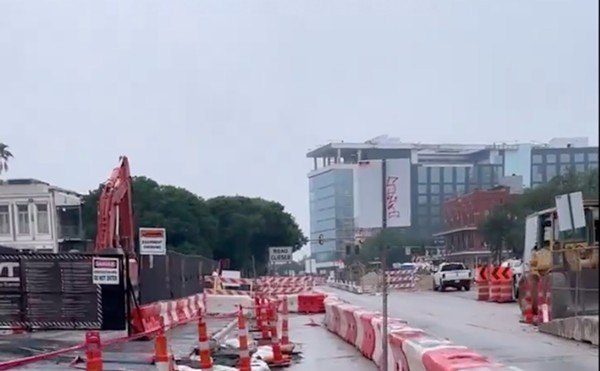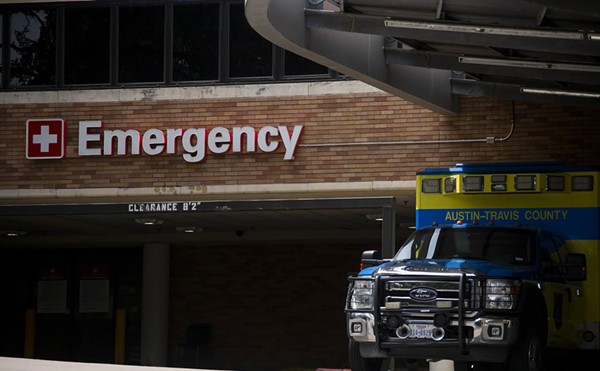New report says DoD doing all it can
More than 6,000 Defense Department sites, including the former Kelly Air Force Base, have contaminated groundwater from military activities and hazardous waste, according to a Government Accountability Office report issued in June.
The GAO studied the Defense Department's cleanup methods and concluded that the military is using all the available technologies, although not every method is used at each site. The type of contamination and the cost of the cleanup determine the method.
The military has earmarked more than $20 billion over the past 10 years for cleaning up the sites.
At Kelly, methods have included using microorganisms to degrade the contamination, digging trenches that contain material that intercepts and reduces the contamination, and pump-and-treat, which extracts and treats contaminated groundwater.
The report cited problems with the pump-and-treat method: Cleanup takes a long time, can be incomplete, and is expensive because of the costs of properly disposing of contaminated water.
Base contamination has also spread to the neighborhood, in groundwater, dirt, and air. Health studies have shown higher-than-average rates of Lou Gehrig's disease in the neighborhood. A 1996 Comprehesive Health Sumptoms Survey conducted by the UT Medical Branch-Galveston, found that more than 90 percent of adults and 75 percent of children suffered from multiple illnesses.
The report is available at gao.gov/cgi-bin/getrpt?GAO-05-666. For more info, contact Anu Mittal at 202-512-3841 or [email protected].
The Kelly Restoration Advisory Board meets Tuesday, July 19, at the Kennedy High School cafeteria, 1922 S. General McMullen, from 6:30 p.m. - 9:30 p.m. The RAB is a group of community, government and Air Force personnel who meet quarterly to discuss the progress of the cleanup at the former base.
Goose eggs to Bonilla and Smith
Two San Antonio members of Congress received a goose egg from the Texas Public Interest Research Group, also known as TexPIRG, who recently graded the Texas Congressional delegation on their stances concerning major public-interest issues such as environmental protection, health care, and unfair credit-card practices.
Among the 12 Texas representatives who, in TXPirg's estimation, failed to vote for the public interest from January 22, 2003 to March 16, 2005 were U.S. Representatives Henry Bonilla (R-San Antonio) and Lamar Smith (R-San Antonio). "They always voted to put special interests before public health and safety and scored a zero," said TexPIRG spokeswoman Stephanie Carter. "TexPIRG is also particularly disappointed in the newly elected representatives who voted in favor of the dirty, dangerous energy bill and who also voted in favor of drilling in the Arctic National Wildlife Refuge."
U.S. Representative Henry Cuellar, a Democrat from Laredo who represents part of San Antonio, voted for both bills.
Three Texas Congressional representatives voted for the public interest more than 80 percent of the time. U.S. Representative Charles Gonzalez (D-San Antonio) scored 57 percent for 2005.
The scorecards also list information about campaign contributions, biographical data, past TexPIRG scores, and telephone numbers for citizens to contact their elected officials. Tens of thousands of the scorecards will be distributed this summer in congressional districts around Texas as part of TexPIRG's annual door-to-door campaign.


















